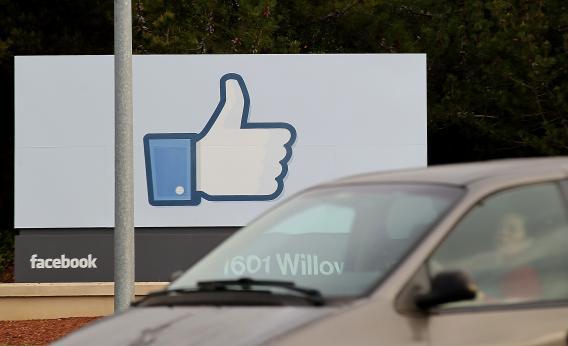Mere minutes ago Facebook’s S-1 filing with the Securities and Exchange Commission became available, a first step toward the planned $5 billion initial public offering of stock. This is a document filled with information that private companies don’t need to disclose but public companies do. The numbers will all be crunched and pored over soon enough, but there are also qualitative elements like where a firm needs to state what it sees as some of the biggest risks to its market position and financial viability. In the case of Facebook, they make it clear that Google is the main threat they see:
Some of our current and potential competitors have significantly greater resources and better competitive positions in certain markets than we do. These factors may allow our competitors to respond more effectively than us to new or emerging technologies and changes in market requirements. Our competitors may develop products, features, or services that are similar to ours or that achieve greater market acceptance, may undertake more far-reaching and successful product development efforts or marketing campaigns, or may adopt more aggressive pricing policies. In addition, Platform partners may use information shared by our users through the Facebook Platform in order to develop products or features that compete with us. Certain competitors, including Google, could use strong or dominant positions in one or more markets to gain competitive advantage against us in areas where we operate including: by integrating competing social networking platforms or features into products they control such as search engines, web browsers, or mobile device operating systems; by making acquisitions; or by making access to Facebook more difficult. As a result, our competitors may acquire and engage users at the expense of the growth or engagement of our user base, which may negatively affect our business and financial results.
Of course apart from Google, Microsoft is the other company that controls “search engines, web browsers, or mobile device operating systems.” At the moment, however, Microsoft could hardly be said to have a dominant position in those fields. The runaway success of Google web search and Android OS’s huge market share, however, means that Google does have great opportunities to push Google+ into all of our lives.
